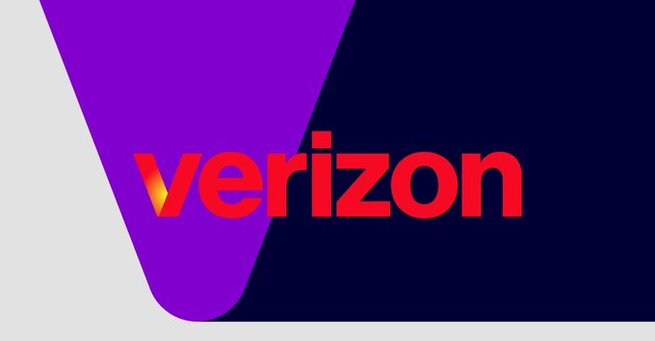Alerts

Verizon buys the not-quite-5G wireless ISP Starry to expand wireless broadband, marking a major step in its effort to strengthen home internet options across U.S. cities. The deal boosts Verizon’s ability to deliver high-speed wireless service to apartments and condos — areas often underserved by traditional broadband providers.
Starry, launched in 2016, was known for its bold vision: delivering gigabit internet through antennas instead of cables. Using millimeter-wave (mmWave) technology, Starry beamed internet signals directly from rooftop transmitters into homes. This allowed faster deployment than fiber — but also came with challenges.
Because mmWave signals need a clear line of sight, Starry’s service often struggled in dense urban environments or areas with physical obstructions. Still, its promise of fast, cable-free internet drew attention from both consumers and competitors.
By acquiring Starry, Verizon isn’t just buying a struggling startup — it’s gaining valuable mmWave infrastructure, existing customer relationships, and urban network coverage. The move aligns with Verizon’s broader goal of expanding wireless broadband in high-density housing areas where installing fiber lines is costly and slow.
Verizon says the acquisition “advances” its ability to bring high-speed internet to multi-dwelling units, a segment that’s becoming increasingly competitive as more users demand flexible, reliable connections.
Starry entered the market with a fresh approach but faced financial turbulence. The company laid off half its staff in 2022 and filed for bankruptcy in 2023. Despite its setbacks, Starry maintained nearly 100,000 customers across cities like Boston, Denver, Los Angeles, New York City, and Washington, DC.
As part of Verizon’s portfolio, Starry’s tech and network footprint could finally find stability and scale — something it lacked as an independent player.
For existing Starry users, the acquisition could bring much-needed investment in service quality and network reliability. For Verizon customers, it may open up new home internet options without the need for wired connections.
With this deal, Verizon strengthens its position against T-Mobile’s and AT&T’s fixed wireless internet offerings — intensifying the race to own the next generation of home broadband.
The acquisition underscores how telecom giants are betting big on wireless broadband as the future of home internet. While not-quite-5G, Starry’s mmWave technology fits perfectly into Verizon’s long-term strategy: deliver faster, more accessible connectivity to every type of household.
If Verizon can overcome Starry’s coverage challenges, this deal could redefine what wireless broadband looks like in 2025 and beyond.
𝗦𝗲𝗺𝗮𝘀𝗼𝗰𝗶𝗮𝗹 𝗶𝘀 𝘄𝗵𝗲𝗿𝗲 𝗿𝗲𝗮𝗹 𝗽𝗲𝗼𝗽𝗹𝗲 𝗰𝗼𝗻𝗻𝗲𝗰𝘁, 𝗴𝗿𝗼𝘄, 𝗮𝗻𝗱 𝗯𝗲𝗹𝗼𝗻𝗴. We’re more than just a social platform — from jobs and blogs to events and daily chats, we bring people and ideas together in one simple, meaningful space.
